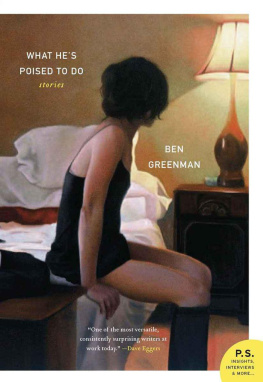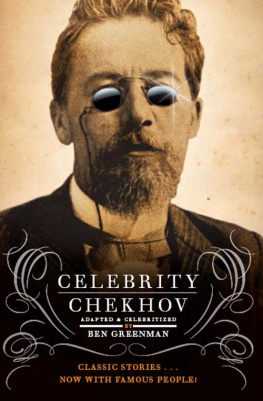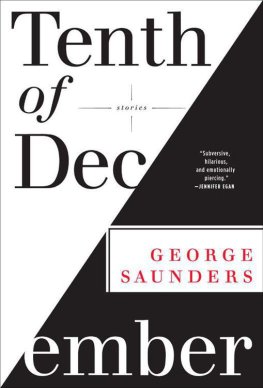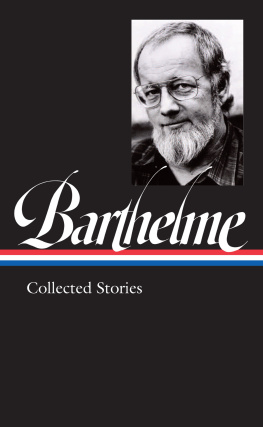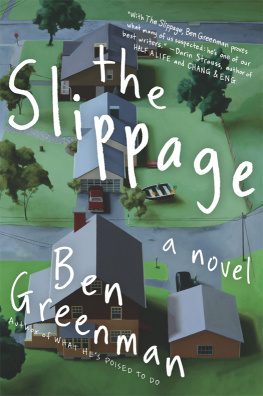
T HE MAN IS NOT HAPPY AT HOME . W HEN HE SEES HIS WIFE OR his son, he knows that he should be, but he is not. The man is scheduled to take a trip from the city where he lives to the city where he sometimes does business. He packs a larger suitcase than is necessary. When he arrives in the city where he sometimes does business, he sends his wife a postcard that describes what little he understands of the problem, and how he intends to solve itor at least begin to solve itby not returning home right away. He knows he should not feel better after writing such a thing, but he does. He goes downstairs to the hotel bar. The bartender is a young woman. The man strikes up a conversation with this young woman, who has the same name as a woman he once dated. The man drinks until the young womans shift is over, and then the young woman joins him for a drink at a corner table. A hand is placed upon a hand, and then upon a knee, and then between a knee and another knee. The young woman, in order not to notice, tells the man about her most recent love affair, and how she ended it by sending a postcard. The man laughs. He tells the young woman that they are the same kind of person. You mean cowards? she says. He removes his hand from between her legs. Now the young woman notices, and the man invites her upstairs, and she accepts, and they lean against one another in the elevator, and he undoes her skirt in the hallway, and removes it just inside his room. In the morning, she is not there, but she has left a postcard on his pillow beside him. He pieces together the previous night. He remembers that the woman called out his name, and that he laughed. He remembers that she took the phone off the hook theatrically. He remembers that she recited a series of dates for him: when she was born, when she was first married, when she had her son, who is almost exactly the same age as his son. His heart sinks. He does not like the fact that thinking of his son makes his heart sink. He takes a postcard from the desk and writes to his son. The man takes the postcard and puts it in the outer pocket of his suitcase, aware that he will never mail it. The next day, he does not see the young woman from the bar. He does not see her the day after that, either. He is busy with work, and when he is not working, he is walking up and down the city streets. He looks into the faces of the people he passes and tries to guess if they have ever betrayed someone they loved, or been betrayed by someone they loved. He supposes that most have, and this cheers him a bit, not for any reason other than the fact that it locates him. He returns to the hotel after the second day of working and walking and writes his wife a postcard. This one has a more optimistic message than the first: that, although he is not ready to talk on the telephone, he is ready to think about it, and that this is progress. He ends on a romantic note. He takes that postcard downstairs to mail it. The young woman from the bar is now working at the reservations desk. She pretends not to know him. At first, he is offended, and then he
comes to understand that it is a game. She calls him sir, stiffly, and he hands her the postcard facedown, suddenly concerned that she might try to read it. She tells him that she would be happy to be of service. She calls him sir again, with no additional warmth. He returns to his room. An hour later, there is a knock at his door. He opens it to find the young woman there. This time, she undoes her skirt herself. The next morning, he remembers that she did not call out his name, but that she looked at him as if she was thinking of doing so. He remembers that she recited a series of names: her fathers name, her husbands name, her sons name. He is surprised to find that it is the same as his sons name. He keeps this information to himself. The next morning, there is another postcard from her next to him on the bed. He hears the shower. He hurries and writes a postcard in response and places it on the pillow next to the one that she has written. She returns to the bed, not completely dry, and the water from her skin smudges the ink of the postcard he has written in response. She speaks to him in the same stiffly formal voice she used downstairs, at the desk. She calls him sir rather than using his name. She lists for him all the things she has done for him, and all the things that she plans to do. She leaves him sleeping, this time, without a postcard. Two more days pass. He does not see the young woman. He speaks to his wife once on the phone. She cries, softly at first and then in gasping sobs. He explains that this is why he didnt want to talk on the telephone. She asks him when hes coming home. He says that he has one more day of work and then he will decide. Her tone hardens and she tells him to be sure to let her know. When she hangs up, he is seized by the desire to write her another postcard. Instead, he writes one to his son. This one also goes into the zipper pocket of his suitcase. He goes downstairs to get a drink. The young woman is not in the bar. He asks the bartender, who says that he thinks shes on the reservations desk. He goes to the reservations desk. There is another woman there, who says that she thinks the young woman is working in the bar. He sits in a chair in the lobby, feeling lost. He reads a newspaper and a magazine, retaining nothing, not even the pictures. Out of the corner of his eye, he sees a young boy. The boy looks faintly like his son and then, as he comes closer, more and more like him. The resemblance is uncanny: the face is the same shape, the hair is the same color, the eyes shine the same way. The man hears a womans voice calling the young boy. It is the young woman from the bar. The woman sees him and approaches. She introduces her son. The man shakes the boys hand with exaggerated formality. The boy laughs. He even laughs like the mans son. The man does not tell the young woman how much her son resembles his son. Who would that benefit? The young woman tells the man that she will be working reservations later that evening. She says that at the end of her shift, she will be happy to come upstairs to pick up any mail he has to send. Her tone is falsely playful. The man goes for a walk. He looks into the faces of the people he passes, but this time he does not try to guess anything. He returns to his hotel room and undresses. He runs the shower but does not step into it. He stretches out on the bed. He feels his excitement growing as he anticipates the young womans visit. He thinks that maybe he should greet her at the door with a postcard that lists all the things he expects her to do for him, or all the things he has done. He also thinks that he owes his wife another call, or at least another postcard. He turns on the television. There is a boy on the television who does not look anything like his son. He sits down at the desk, finds a pen, and holds it over a postcard, uncertain exactly what hes poised to do.

